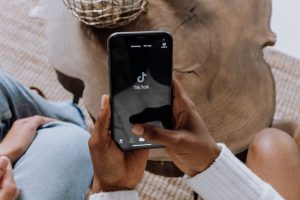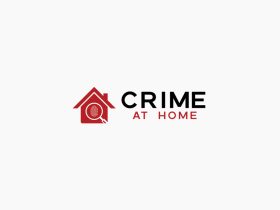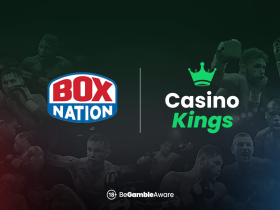The inequities in America’s healthcare system might shock you. Most people understand that underserved communities and certain minority groups might not receive the quality care they deserve. But, many people don’t know that women – especially young women – are also often victims of healthcare inequities.

Globally, over 300,000 women die each year of cervical cancer. Every day, over 830 women die of pregnancy-related complications that could have been easily treated. In the U.S., many women skip health care because of cost and are often less likely to receive quality care.
So, it should come as no surprise that many young women are looking for other ways to manage their health, connect with others going through similar experiences, and even look for medical diagnoses for their symptoms.
One platform that is becoming increasingly popular for health diagnoses among young women is TikTok. But, why are so many women turning to the social media platform, and could it be doing more harm than good?
Why TikTok?
There are several reasons young women are turning to platforms like TikTok for health diagnoses. Aside from financial issues keeping them from getting the healthcare they need, many conditions – especially for girls – can go undiagnosed or misdiagnosed. ADHD is a perfect example. Boys are anywhere from two to 16 times more likely to be diagnosed with ADHD and other neurodiverse conditions, and a lot of it has to do with gender bias and stereotypes. Unfortunately, a misdiagnosis can cause issues like
- Poor grades in school
- Social issues
- Problems at home
- Difficulty controlling emotions
Unfortunately, ADHD isn’t the only condition often misdiagnosed or underdiagnosed in women. Things like endometriosis and coronary heart disease are regularly underdiagnosed, leaving women without proper treatment options.
It should come as no surprise, then, that young women across the country have developed a sense of anxiety when it comes to seeing a doctor or going to the hospital for care. Even something as simple as sitting in a waiting room can be stressful when you feel like your concerns won’t be heard or you won’t be given quality care. So, instead of dealing with that kind of fear and worrying about improper diagnoses, TikTok has become a sort of “safe haven” for young women to connect.
Shared Experiences
While TikTok is different from other social media platforms, it’s still a community. One of the greatest appeals of TikTok is that there are different “sections” and groups that have formed. You can search various hashtags to find what you’re looking for. Eventually, the app’s algorithm will start showing you more videos related to the things you’re interested in.
For young women who are actively seeking out others who share their health concerns, that sense of community can be both educational and comforting. Sometimes, feeling seen, heard, and validated is all it takes to be empowered and take charge of your health.
Some psychologists have stated that TikTok can be good for your mental and physical health, especially if you participate in certain challenges, focus on wellness communities, or get inspired to exercise. If nothing else, though, it’s giving young women a sense of community and assuring them they’re not alone when it comes to experiencing health discrepancies. That can help to reduce your stress levels and even give you ideas on how to speak to and work with your doctors to get the care you deserve.
The Risks that Come From Social Media Healthcare
While a sense of community and belonging is important, getting health diagnoses on TikTok comes with risks. At the end of the day, no matter how frustrating the circumstances of the healthcare industry might be, it’s always better to get a diagnosis from a medical professional than someone on a social media app.
Self-diagnosis based on listening to other people’s symptoms can be dangerous. Some of the risks include
- Unnecessary panic or nonchalance
- Unreliable advice
- Incorrect treatment(s)
You might also find yourself so involved in the TikTok health community that you receive and believe false information. Not everything on TikTok is factual content, and while you might realize that, it’s easy to buy into health claims when it seems like someone “legitimate” is providing the information. Unfortunately, one study found that the platform has already contributed to misinformation about sexual health and education. For teenage girls, that kind of misinformation can be incredibly risky.
The bottom line? TikTok can be a great place for young women to feel a sense of community. If you’ve struggled with receiving quality healthcare or you’ve come face-to-face with the inequities in the system, it’s understandable to feel frustrated. But, unless you’re receiving information and advice from a medical professional on the platform, any diagnosis you receive on TikTok should be accepted with caution. At the end of the day, it’s a social media app that serves to connect and entertain people – not diagnose medical conditions.







Leave a Reply